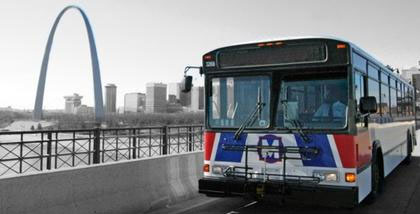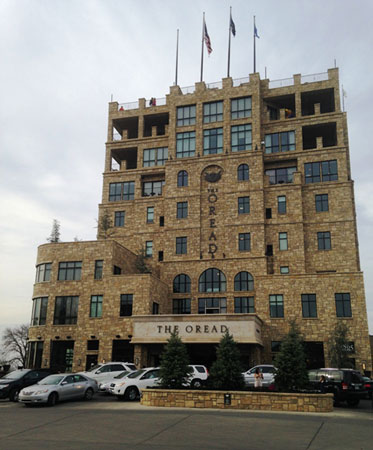Sales Tax Districts levy an incremental sales tax on goods sold within a designated area deriving benefits from a transportation improvement. The resulting revenue is used to support the development of the infrastructure improvement. Sales tax districts may be established at the municipal or county level, but they are more commonly implemented in smaller local areas.
Statues establishing sales tax districts normally specify the rate of the incremental sales tax and the types of projects their proceeds may support. Unlike other special assessment districts, there is no formal process for establishing the rate of the incremental sales tax. However, the revenue raised should reflect the value the area derives from the transportation improvements funded by the district.
It is helpful to distinguish sales tax districts from local option sales taxes. Â While local option sales taxes are normally collected at the county or municipal level, sales tax districts are more often - but not always - confined to smaller zones that benefit from a specified transportation improvement. Although municipal governments rely on property taxes for a majority of their tax income, local sales tax districts have the potential to generate significant revenues.

In Missouri, Transportation Development Districts may be used to levy sales tax increments between 1/8 % to 1% to provide funding for transportation projects. Originally these taxes were collected at the district or local authority level. However, House Bill 191 of 2009 now requires that sales tax increments are collected at the state level by the Missouri Department of Revenue.
Transportation Development Districts may be formed by a petition of registered voters, property owners or a local or multi-jurisdictional transportation authority. The petitions must be approved by circuit court. Transportation Development Districts may be used for the following purposes:
Missouri has 205 Transportation Development Districts that generate over $70 million in annual revenue to support local transportation needs.

Lawrence, Kansas has established three Transportation Development Districts that levy an additional one-cent sales tax to cover transportation-related expenses associated with development projects. Local developers provide upfront funding and are then reimbursed over time as the incremental tax revenue is generated. In April 2008, the city approved a 22-year Transportation Development District for the to pay for up to $11 million in transportation-related public infrastructure expenses associated with the construction of the 11-floor, 99-room Oread Hotel. In October 2008, the city approved another 22-year Transportation Development District to pay for $6.8 million in public infrastructure expenses associated with the Bauer Farms retail development. In 2014, the city approved a third Transportation Development District to provide $3 million to support the development of a new hotel and retail complex at the intersection of 9th and New Hampshire. The first $850,000 in incremental sales tax revenues will be used to cover bond costs for a parking garage and the rest will reimburse developer-paid transportation infrastructure expenses.